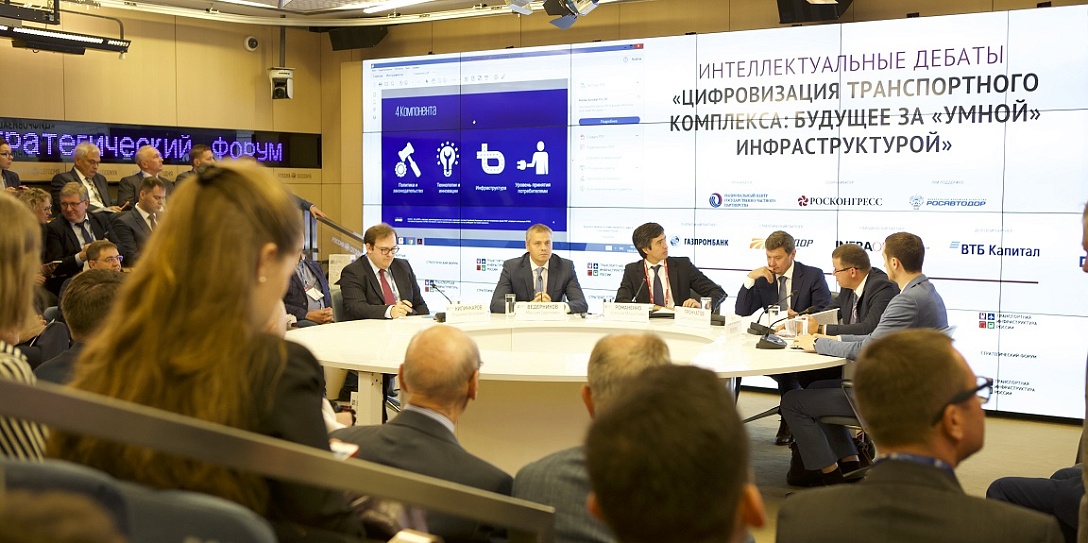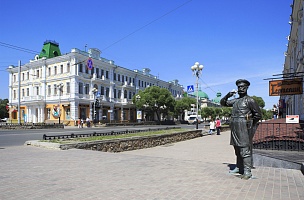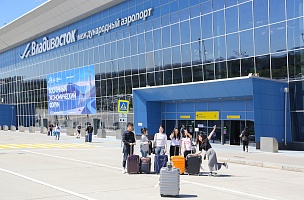On 19 September, the business programme of the 4th Strategic Forum ‘Transport Infrastructure of Russia’ took place in Moscow. The Forum is held as part of the ROSINFRA Infrastructure Congress series of events, organized by the National Centre for Public Private Partnership and the Roscongress Foundation. Gazprombank acts as General Partner for these events.
Each year this forum draws ever more participants who are keen to engage in the future of transport infrastructure development in Russia. This year the event attracted 300 people from different walks of life, including representatives of federal and regional authorities, infrastructure companies, business people and IT experts.
The business programme kicked off with a stimulating discussion on the digitalization of Russia's road and highway network and the creation of ‘smart’ transport infrastructure. Discussion participants considered the planned implementation of the Digital Economy programme as relates to the transport sector, the prospects for introducing unmanned transport to roads within Russia, as well as the new opportunities for digital PPP projects, including those involving the creation of a unified digital platform for the transport sector and the federal system for automated truck weight control.
Dmitry Pronchatov, Deputy Head of the Federal Road Agency (Rosavtodor), emphasized the logic behind developing the two national projects, Digital Economy, and Safe and High-Quality Roads in parallel: logistics is seamlessly integrated into both these digitalization processes.
This discussion about the national project for Russia's road and highway network, as well as the comprehensive transport infrastructure development plan, continued during the panel discussion ‘Roads & Money. How much do the regions need in kilometres and roubles?’ During this session, experts participating stressed the importance of taking a “portfolio” approach to compiling the list of projects covered by the road and highway plan, and noted that this list should remain open to further proposals.
The topic of PPP as relates to light rail transport (LRT) sparked an equally active discussion, during which market participants shared the latest results from the implementation of the first concession projects in LRT.
In line with the goal set by the President of the Russian Federation to increase the capacity of Russian ports and inland waterways, a wide-ranging discussion took place during which experts addressed the issues involved in attracting private investors to port infrastructure development.
During the strategic session dedicated to the construction of the Russian sections of international transport corridors, the participants presented a strategic view on expediency and the phased launch of mega-projects designed to expand integration. Experience in implementing regional PPP projects in airports was the subject of discussion by the focus group.
The business programme closed with a plenary discussion during which the speakers summarized the main constraints on attracting private investment in transport infrastructure, macroeconomic risks, uncertainty regarding financial resources and their distribution, problems with information accessibility, and the ever-changing “rules of the game” (including legislative changes). The speakers analyzed those sections of the comprehensive plan for transport infrastructure development and the criteria needed to prioritize the projects and compile the “optimum portfolio”, and also considered the methodology for assessing the socio-economic impact of projects that apply for federal co-financing.
As Mikhail Rasstrigin, Deputy Minister of Economic Development, noted, when selecting the projects, the agency suggests considering not only the positive effects, which, for example, are evidenced by the increased added value, reduction in travel time, improved passenger and cargo safety, etc., but also the potential negatives, such as funding requirements and other support measures. The criteria for the methodology used, Mr. Rasstrigin said, will be formally established in the relevant Government Decree, making it possible to apply a consistent approach to infrastructure project selection.
Источник фото: http://p3transport.ru/






